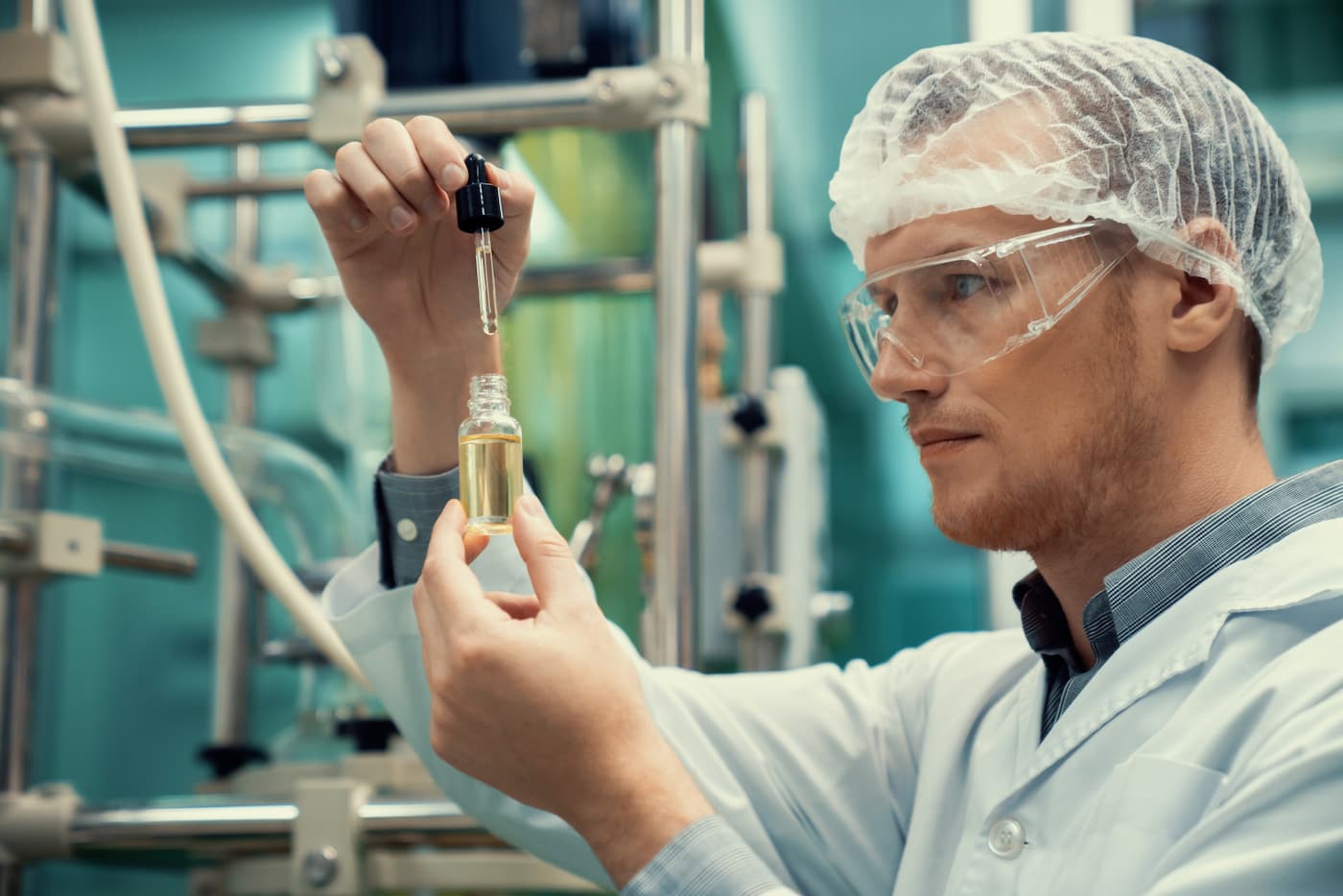Introduction
Quality control (QC) is the backbone of the pharmaceutical industry. Ensuring the safety, efficacy, and consistency of pharmaceutical products is vital not only for regulatory compliance but also for maintaining consumer trust. Without strict quality control measures, pharmaceutical companies risk jeopardizing their reputation and the health of their consumers. At Pharma Nevis, we prioritize quality control at every step of our product lifecycle.
What is Quality Control in Pharmaceuticals?
Quality control in the pharmaceutical industry refers to the process of monitoring and verifying that pharmaceutical products meet specific standards of quality before they reach the market. This involves testing raw materials, intermediate products, and finished goods to ensure they are free of contaminants and meet safety and efficacy standards.
Key Aspects of Quality Control
- Raw Material Testing
Before a pharmaceutical product is manufactured, the raw materials used in its production must undergo rigorous testing to ensure they meet the required specifications. Quality control tests for raw materials include verifying their identity, purity, and potency, ensuring that no harmful contaminants are present. - In-Process Testing
Throughout the manufacturing process, in-process testing is conducted to monitor the production environment and ensure that each stage of production follows the necessary quality standards. This helps to identify potential issues early on and prevent defects in the final product. - Finished Product Testing
Once the pharmaceutical product is manufactured, it undergoes rigorous testing to verify that it meets quality standards. This includes testing for the correct dosage, stability, and shelf life, as well as ensuring that the product is free from contaminants. - Compliance with Regulatory Standards
Pharmaceutical companies must comply with strict regulatory guidelines set by health authorities like the FDA (U.S. Food and Drug Administration) and EMA (European Medicines Agency). Quality control ensures that products meet these regulatory requirements, preventing them from being recalled or banned from the market.
The Role of Technology in Quality Control
Advancements in technology have greatly enhanced the ability to monitor and maintain the quality of pharmaceutical products. Automation, data analytics, and artificial intelligence are transforming quality control by improving accuracy, efficiency, and speed. Through sophisticated testing methods, companies can detect even the smallest inconsistencies in products, leading to a higher level of consumer confidence.
Why Quality Control Matters
The importance of quality control in pharmaceuticals cannot be overstated. Poor-quality drugs can have severe consequences, including adverse health effects, reduced therapeutic efficacy, and, in the worst cases, loss of life. Quality control helps ensure that all products are safe, effective, and reliable. It also ensures that pharmaceutical companies maintain their reputation for excellence, build trust with consumers, and comply with regulatory standards.
Pharma Nevis and Quality Control
At Pharma Nevis, we implement a rigorous quality control system in every phase of our product development and distribution processes. From raw material sourcing to finished product testing, we are committed to delivering safe, effective, and high-quality products to our clients and customers. Our dedicated quality control team ensures that all products meet the highest standards of safety and efficacy.
Conclusion
In the pharmaceutical industry, quality control is essential for maintaining the safety and efficacy of products. Through strict testing and adherence to regulatory guidelines, pharmaceutical companies can ensure that their products meet the required standards and are safe for consumer use. At Pharma Nevis, quality control is at the heart of everything we do, and we remain committed to providing our partners with high-quality, safe, and reliable products.


